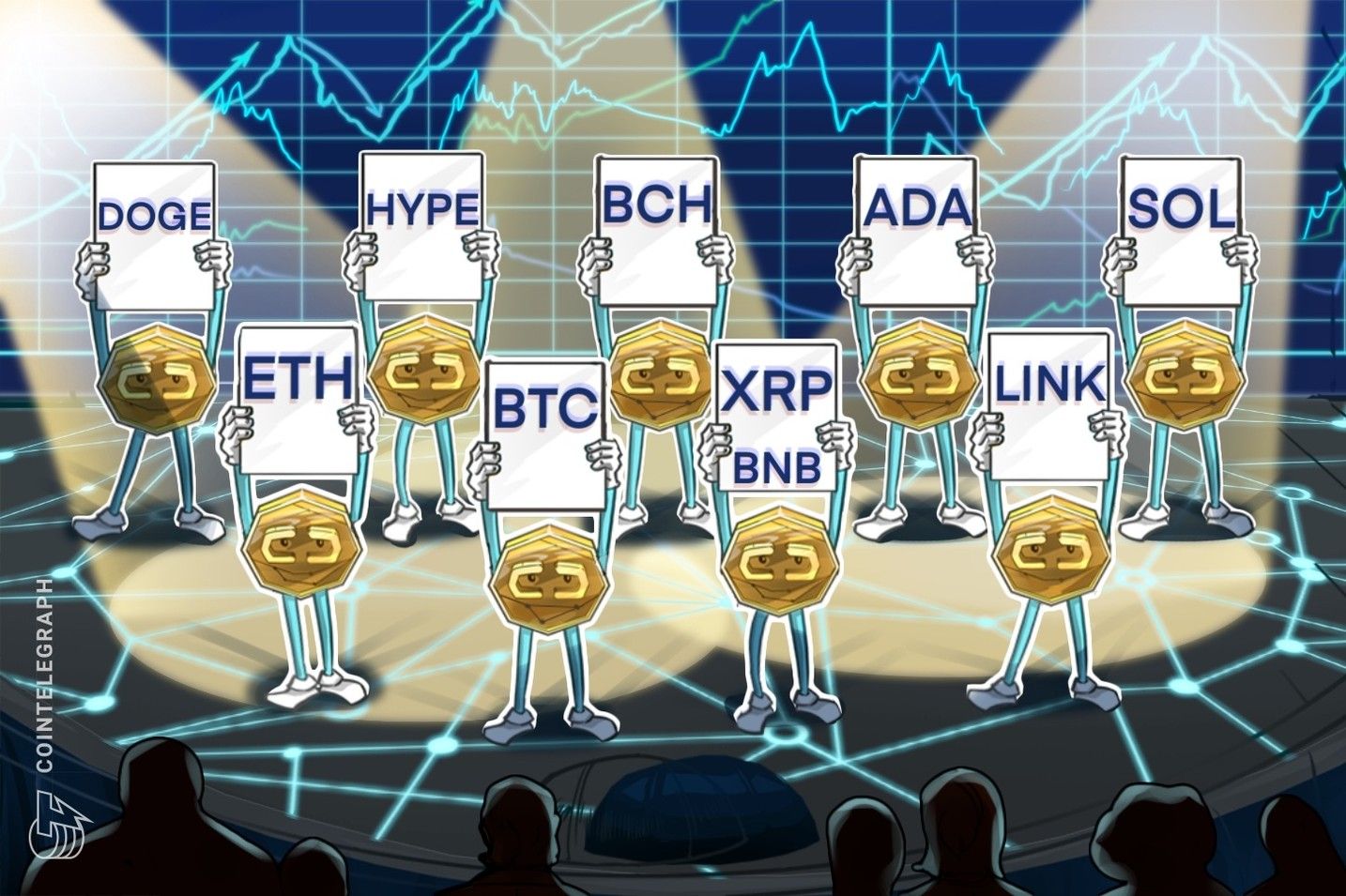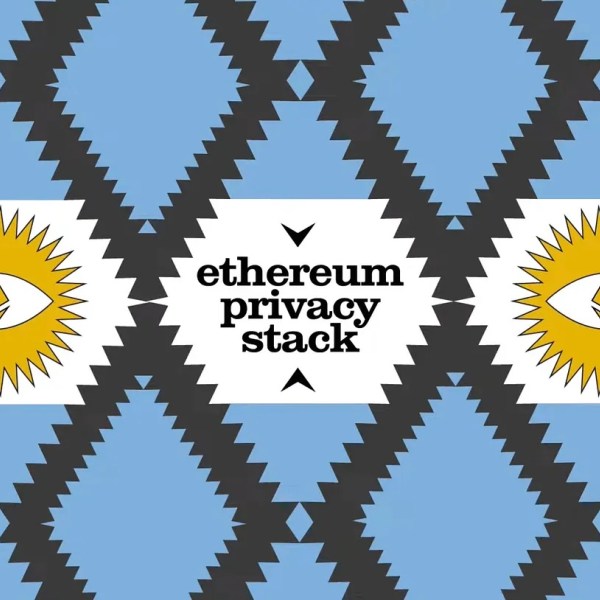XRP News Today: SBI's XRP Bet Stands Strong Amid Blockchain Expansion Surge
- SBI Holdings reaffirms XRP's strategic role in cross-border payments despite new blockchain partnerships with Chainlink, Circle, and Startale. - Chainlink's CCIP and compliance tools enhance SBI's infrastructure, but XRP remains critical for live corridors like Japan-Philippines due to cost efficiency. - SBI's ventures include USDC adoption with Circle and RWA tokenization with Startale, aiming to merge traditional finance with DeFi for 24/7 trading. - XRP's $2.92 price resilience and $176B market cap re
SBI Holdings, Japan’s largest financial services group, has reaffirmed the strategic importance of Ripple’s XRP token in its global operations, despite recent developments involving new blockchain partnerships. In a series of announcements, SBI has partnered with Chainlink , Circle , and Startale to enhance its digital-asset infrastructure. However, industry observers and Ripple representatives emphasize that XRP remains a critical component of SBI’s cross-border payment systems and liquidity solutions, particularly in emerging markets.
SBI's collaboration with Chainlink involves leveraging the latter's Cross-Chain Interoperability Protocol (CCIP) and Proof of Reserve tools to enhance tokenization and institutional compliance frameworks. Chainlink’s role, according to Ripple analyst Bill Morgan and community pundit Ripple Van Winkle, is to provide infrastructure for data validation and cross-chain communication rather than replacing XRP in settlement. Morgan clarified that Ripple’s XRP is essential for SBI’s live production corridors, including Japan to the Philippines, Thailand, and Vietnam, where it eliminates pre-funding requirements and lowers transaction costs.
The expansion of SBI’s blockchain initiatives also includes joint ventures with Circle for promoting USDC adoption in Japan and a new tokenized asset trading platform with Singapore-based Startale. These ventures aim to enable 24/7 trading and real-world asset (RWA) tokenization, aligning with global trends in digital finance. SBI CEO Yoshitaka Kitao highlighted the potential for such platforms to converge traditional finance and DeFi, enabling real-time settlement and liquidity improvements.
Amid these developments, XRP’s price has shown resilience, trading near $2.92 as of late 2025. Legal clarity from the SEC’s August 2025 dismissal of appeals in the Ripple lawsuit has removed a significant regulatory overhang, allowing for greater institutional adoption. The token’s market capitalization currently stands at around $176 billion, and liquidity metrics have improved, with XRP daily trading volume frequently exceeding $2 billion. Analysts from Finder predict an average XRP price of $5.25 by 2030, contingent on adoption in high-cost corridors and potential ETF approvals.
Bitwise, a major crypto asset manager, has submitted an S-1 filing with the SEC for a Chainlink (LINK) ETF, intensifying the race for crypto ETF approvals. However, SBI’s XRP-related activities, including its planned RLUSD stablecoin launch and ongoing remittance corridors, position XRP as a preferred settlement asset in Japan. Legal clarity, combined with regulatory support for stablecoins and tokenization, suggests XRP’s role in SBI’s financial infrastructure is secure for the near term.
The broader implications of these partnerships underscore the evolving landscape of digital finance, where interoperability and liquidity are becoming increasingly intertwined. While Chainlink and Ripple serve different functions—Chainlink focusing on data infrastructure and compliance, and Ripple on payments and asset bridging—both are integral to SBI’s multi-rail strategy. This approach allows SBI to optimize its financial stack based on corridor-specific needs, integrating tokenized assets and stablecoins where appropriate while relying on XRP for rapid, low-cost settlements.
As the crypto market approaches key regulatory and institutional milestones, the performance of XRP and related infrastructure will be closely watched. The anticipated SEC decision on XRP ETFs in October 2025 could serve as a catalyst for price movement and broader adoption. In the meantime, SBI’s strategic alignment with multiple blockchain projects highlights the growing recognition of decentralized technologies in traditional finance, setting the stage for a more integrated and efficient global payment ecosystem.
Source:
Disclaimer: The content of this article solely reflects the author's opinion and does not represent the platform in any capacity. This article is not intended to serve as a reference for making investment decisions.
You may also like
Price predictions 11/28: BTC, ETH, XRP, BNB, SOL, DOGE, ADA, HYPE, BCH, LINK

Ethereum Privacy’s HTTPS Moment: From Defensive Tool to Default Infrastructure
A summary of the "Holistic Reconstruction of Privacy Paradigms" based on dozens of speeches and discussions from the "Ethereum Privacy Stack" event at Devconnect ARG 2025.

Donating 256 ETH, Vitalik Bets on Private Communication: Why Session and SimpleX?
What differentiates these privacy-focused chat tools, and what technological direction is Vitalik betting on this time?
